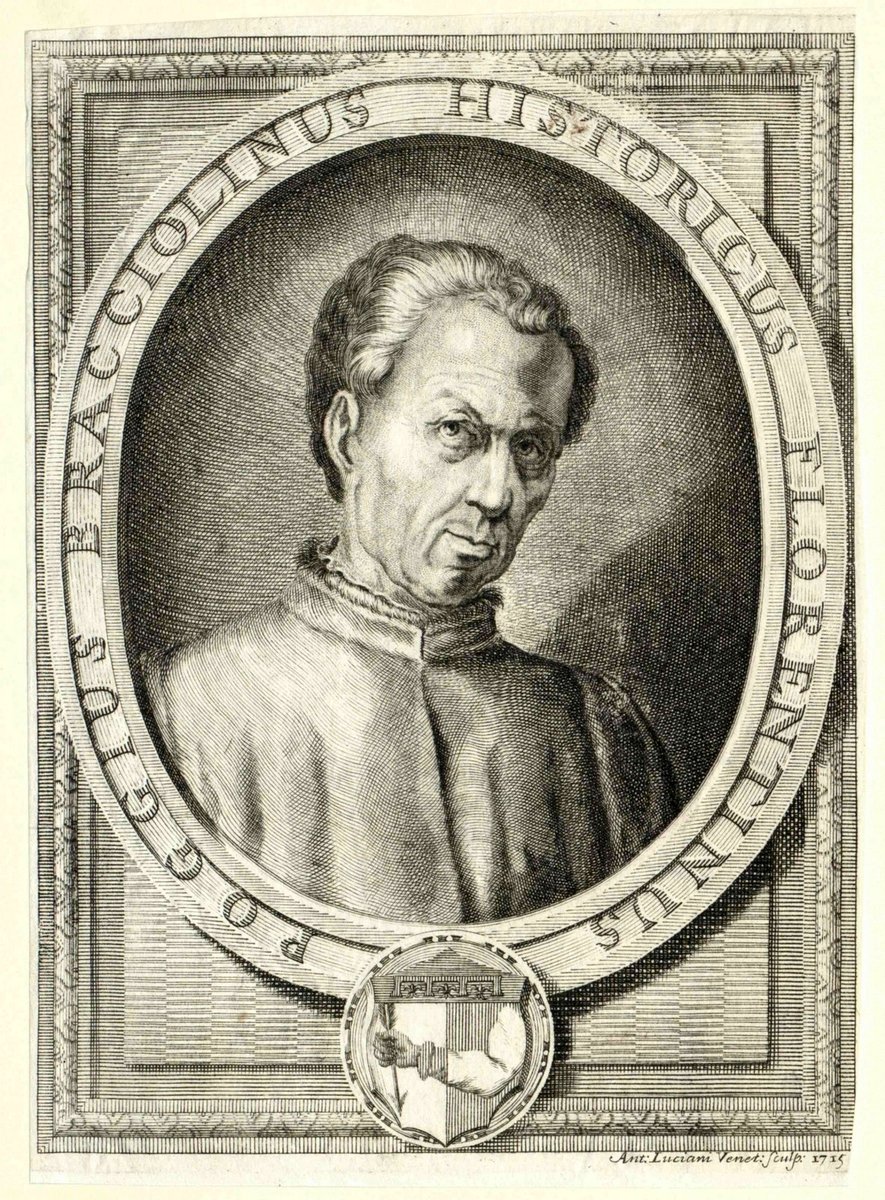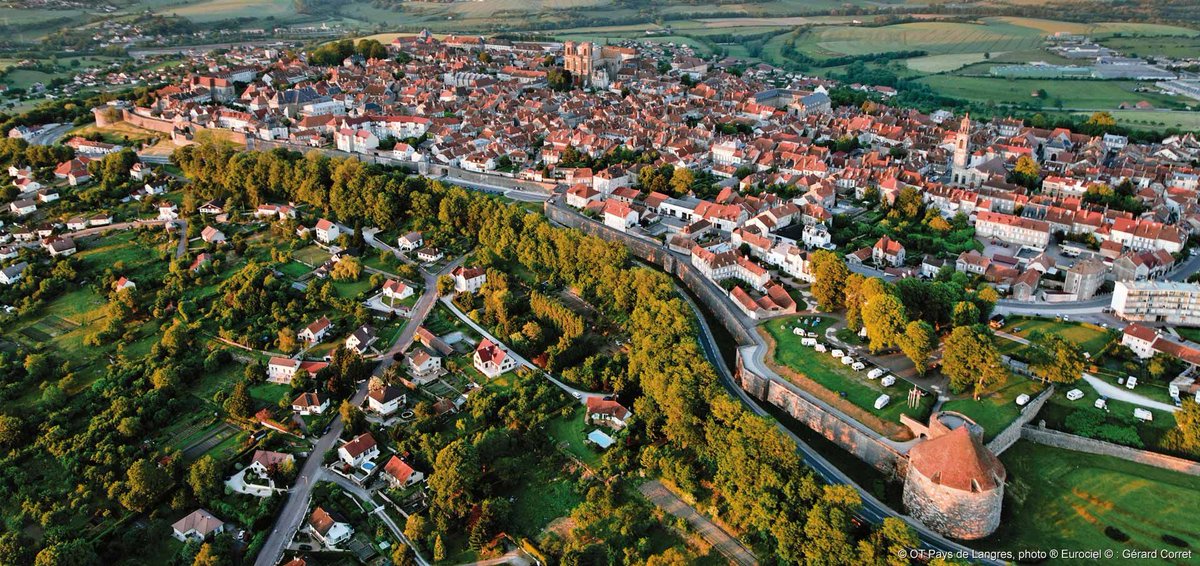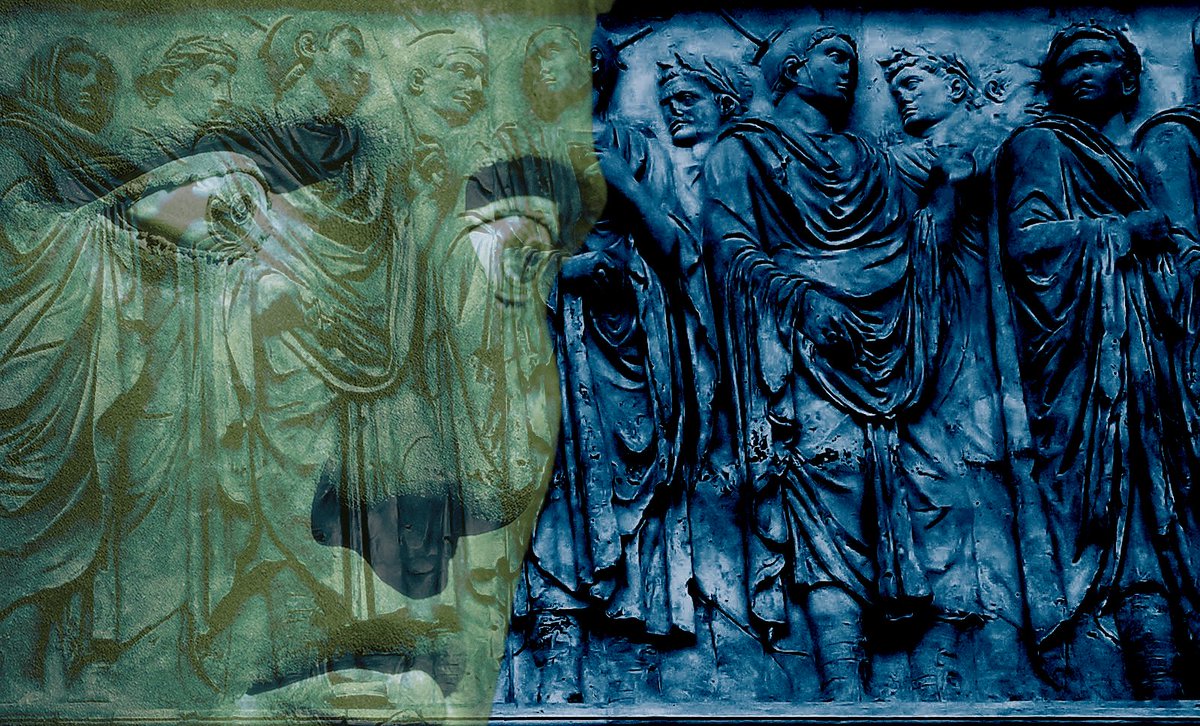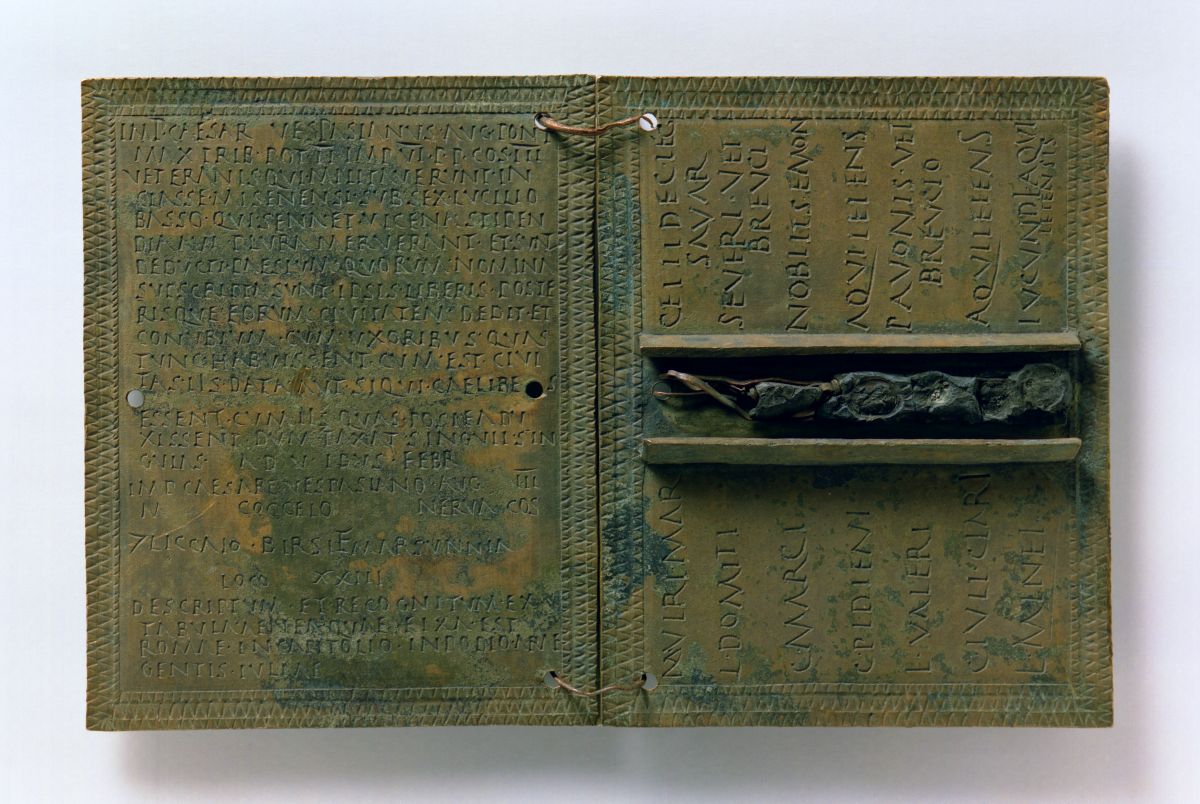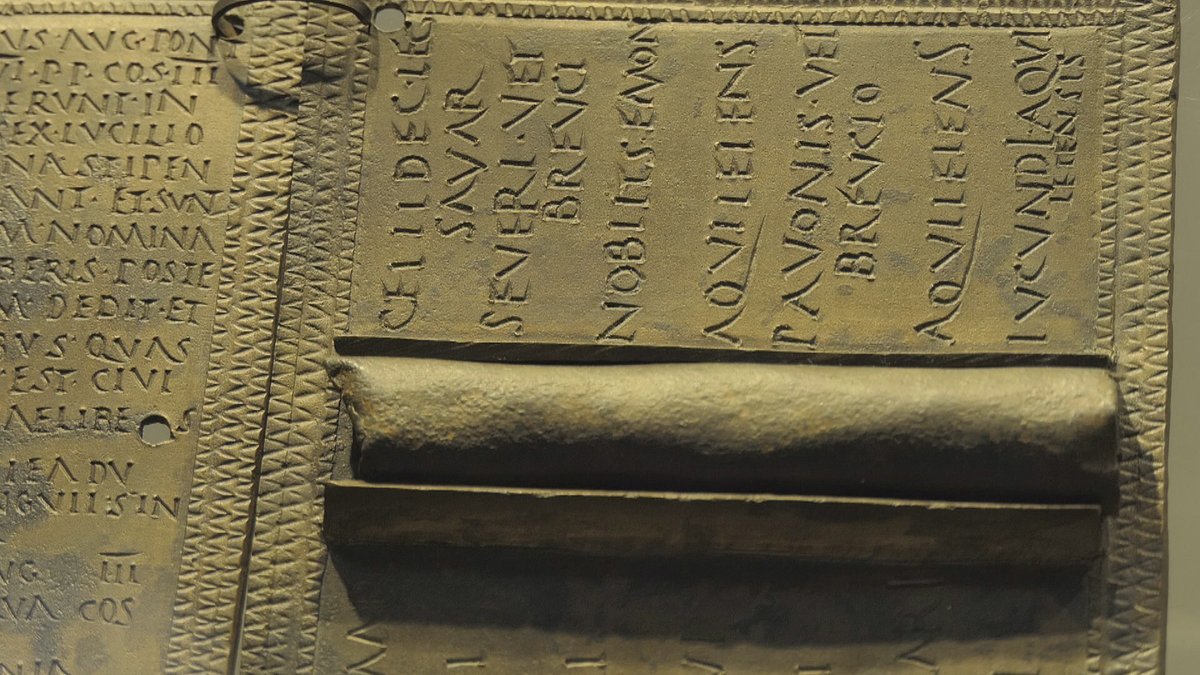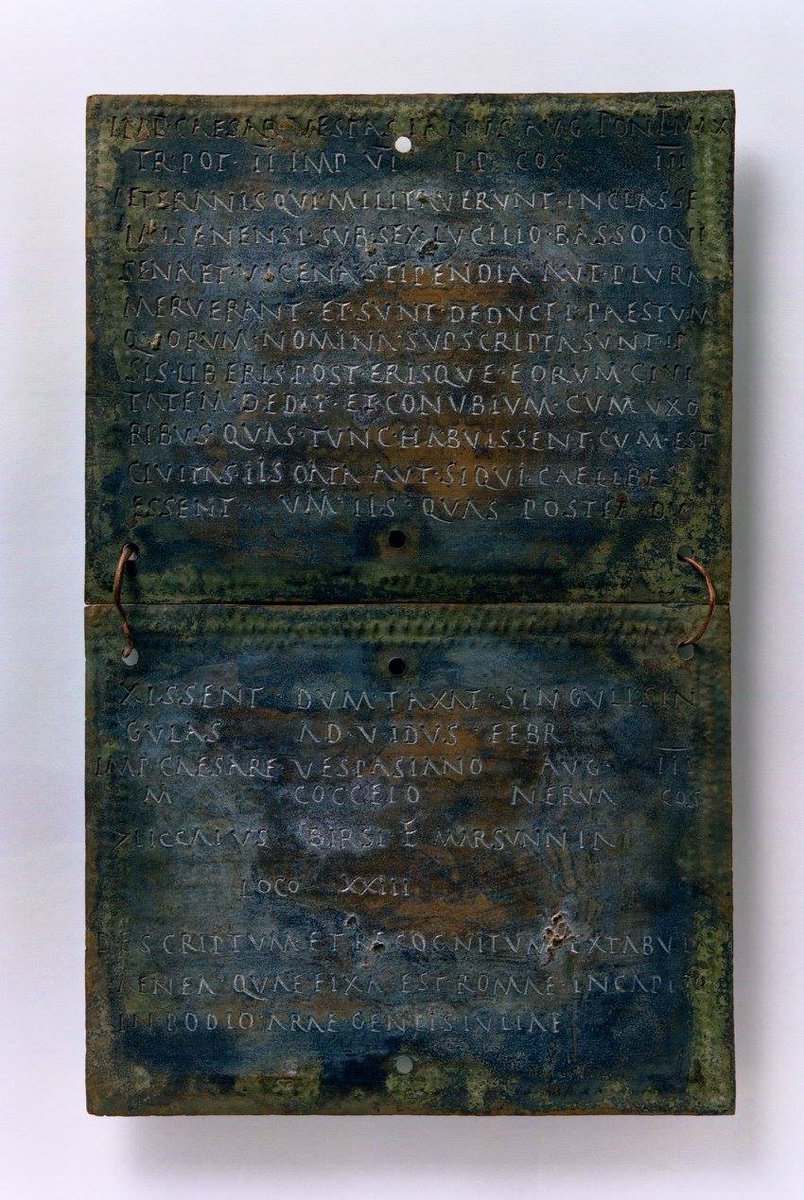
1) Forget civil wars and assassinations, the greatest crisis of the Republic came as Pompey consecrated his grandiose theatre in 52 BC but couldn't decide how best to describe himself in its dedicatory inscription. As consul 'for the third time' should he write TERTIVM or TERTIO? 

2) Pompey was unsure if he should inscribe that he was consul TERTIVM in the accusative, emphasising duration of time and his holding of the office throughout the year it was built; or should he write TERTIO in the ablative emphasising a time within which it had been completed?.. 
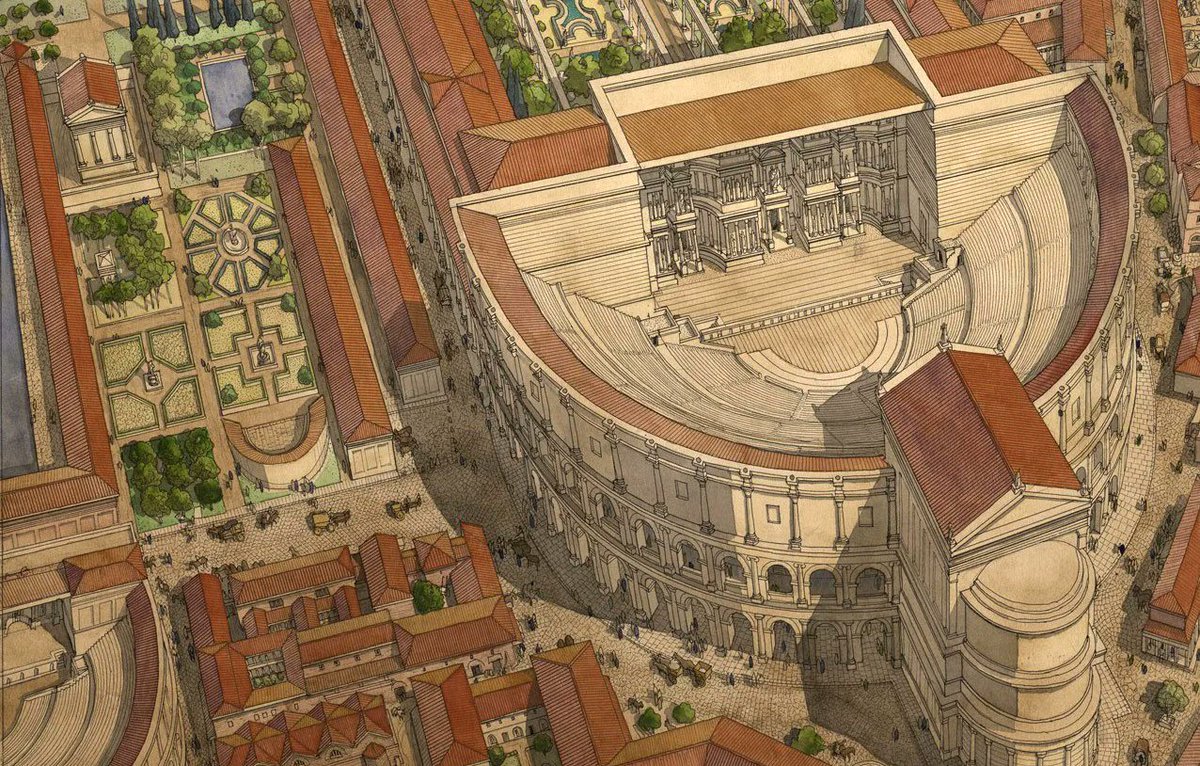
3) Pompey took the grammar problem around the most learned men of Rome, perhaps also contacting Julius Caesar in Gaul who had recently written his own (now lost) treatise on Latin grammar 'De Analogia' which he dedicated to Cicero.. 

4) Frustrated at getting different answers from all Rome's language experts, Pompey asked Cicero to make the final decision on the inscription. Cicero was reluctant to hurt the pride of his fellow academics by passing judgement either way, so he proposed an elegant solution... 

5) Instead of writing TERTIVM or TERTIO, Cicero suggested that Pompey strike a compromise and merely write the abbreviation TERT. This would retain the meaning of the word but conceal the doubts around its form. Pompey followed Cicero's suggestion! 

*Caesar would later take the abbreviation further with the abbreviation COS TER on his coinage, though the accusative TERTIVM would eventually become the accepted grammatical choice - most famously rendered in full on the inscription of the Pantheon.* 



• • •
Missing some Tweet in this thread? You can try to
force a refresh







